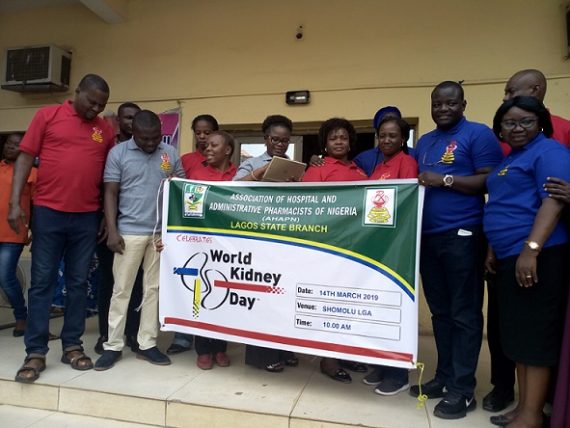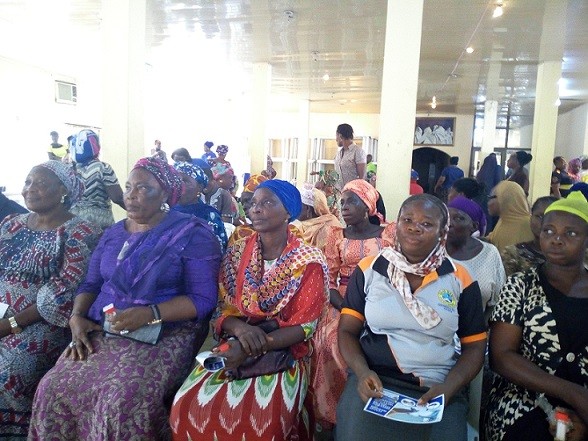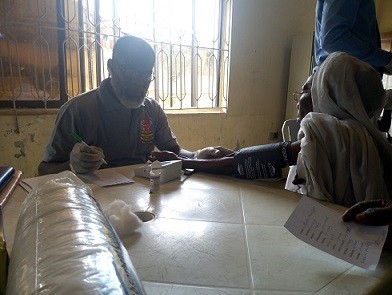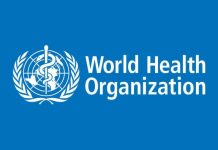Members of the Association of Hospital and Administrative Pharmacists of Nigeria (AHAPN), Lagos State branch, were at the Shomolu Local Government Area, on Thursday 14 March 2019, which was the World Kidney Day, to create awareness about kidney diseases and also to conduct free medical screening for residents.
Addressing participants at the screening centre, the Chairman, Lagos AHAPN, Pharm. (Mrs) Titilayo Onedo enlightened them about the factors that predispose one to kidney diseases, which are untreated hypertension and diabetes, drug misuse, lack of balanced diet, consumption of alcoholic substances, lack of exercise, and some others.

She further condemned the habit of heavy beef consumption, whereby people eat all kinds of meats and carbohydrates, neglecting fruits and vegetables, which are very beneficial to the human system, saying heavy consumption of red meat does more harm to the body than good.
Speaking on the theme of the event tagged: “Kidney Health for Everyone Everywhere”, Onedo explained that some medicines may predispose people to kidney diseases; as she established that long standing diabetes and hypertension have been implicated in kidney diseases. She said the unfortunate thing is that most people are not aware they have these diseases until they attend this type of free screening or visit the hospitals for some other reasons. “For some persons, even when they are aware they have the conditions, they are poorly controlled and poor control or lack of control eventually leads to kidney disease”, she said.

One of the pharmacists who spoke with Pharmanews in an exclusive interview at the programme, Pharm. (Mrs) Ayo Olaniyi said research has shown that millions of people across the globe are suffering from kidney problem, and yet they do not know until it gets to some certain stage, when it starts surfacing with different kinds of sicknesses, mostly diabetes and hypertension.
She said if these sicknesses are not controlled, they could lead to a chronic kidney disease. While mentioning that there are two major types of kidney diseases, namely acute and chronic, she said acute could be as a result of infection or as a result of the kind of drugs the person used and it can also be managed within some range of time, but when it is more than three (3) months, it graduates to chronic kidney disease, and this could lead to kidney failure.

According to Olaniyi:“The reason why this programme was put in place is to educate people, because information is power, and once a group of people get enlightened, you can be rest assured that they would spread the good news to other people around them.
“Again the kidney is a very delicate organ of the body, and once it is bad, the only remedy is to keep managing it or go for a transplant. In the case of acute kidney problem, it could still be treated to normalcy, but if it gets to chronic stage, the sure way out is to manage or have a transplant.
She therefore urged the participants to always be careful with drugs, and they should desist from taking medications without prescription,because it could lead to more serious conditions.
According to the Chairman, Planning Committee, Pharm. (Mrs) Yewande Olorunshola, kidney diseases could also be developed due to genetic disorder in some persons, and it could be detected through a Urinalysis. A Urinalysis is a test conducted on peoples’ urine to diagnose any disease. It is used to detect and manage a wide range of disorders, such as urinary tract infections, kidney disease and diabetes.
“Urinalysis involves checking the appearance, concentration and content of urine. It is what tells anyone if you have kidney problem or not, the Urinalysis shows the ketone in the body and the presence of protein, and also the blood in the urine”, she stated
One of the beneficiaries of the free medical screening, Mr Afolabi Salau, who spoke with Pharmanews at the programme, expressed his gratitude to the Lagos AHAPN for conducting such screening, because before going through the medical check up, he was unaware of his blood pressure level, until he was diagnosed of high blood pressure at the centre.
Salau, who was determined to follow-up on the disagnosis, to ensure he is better, said he was advised by the pharmacists to visit his healthcare giver regularly, until his blood pressure is normalised.










